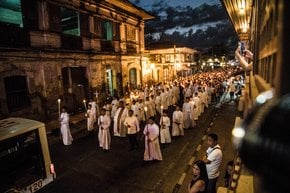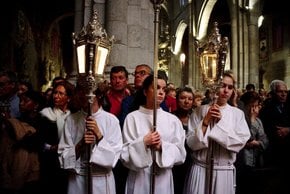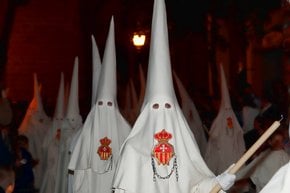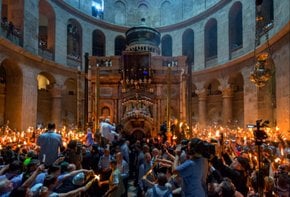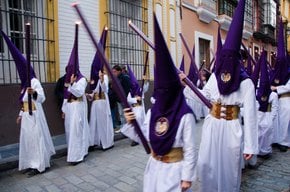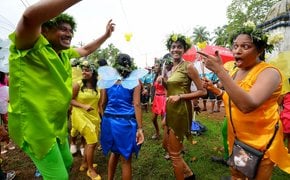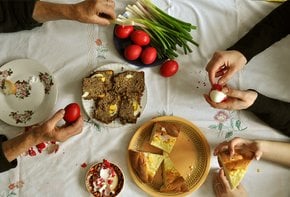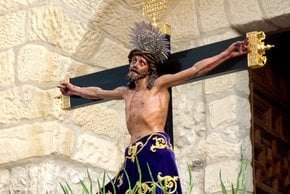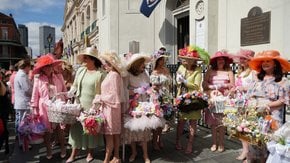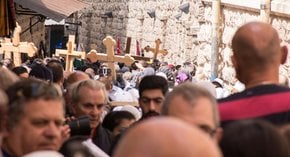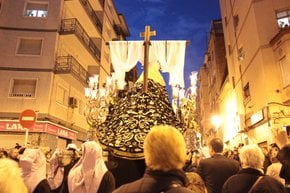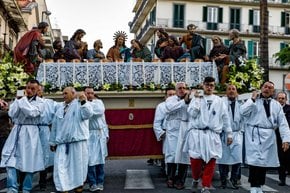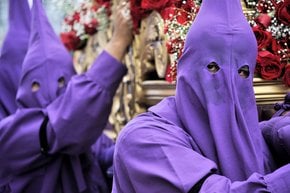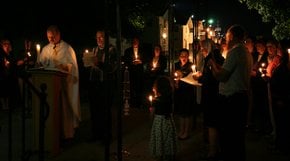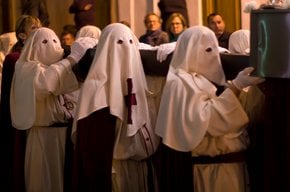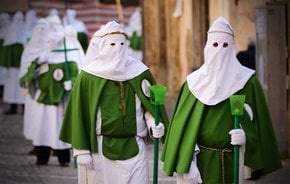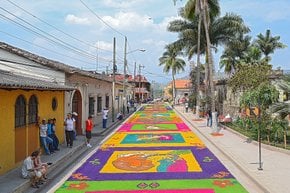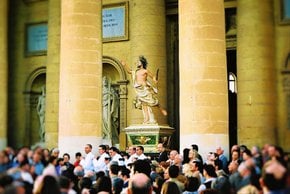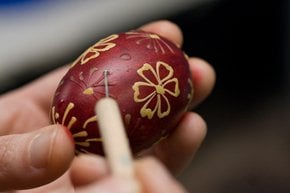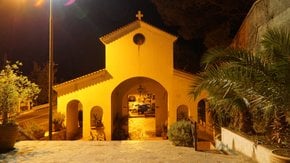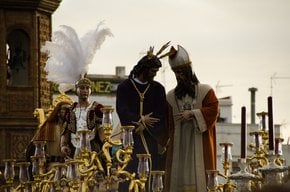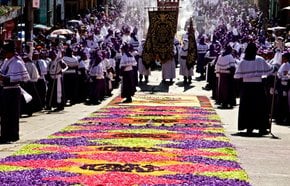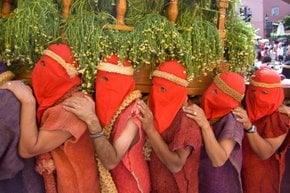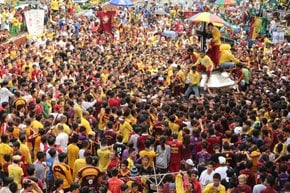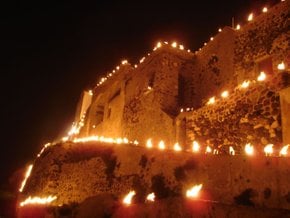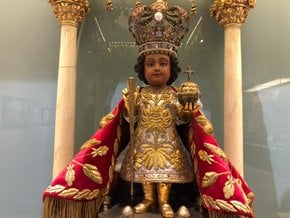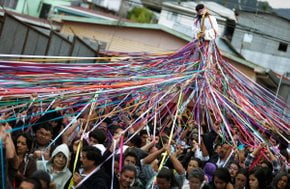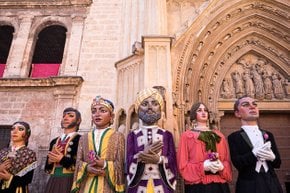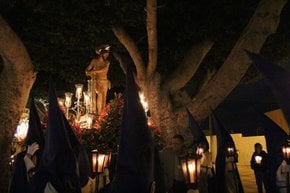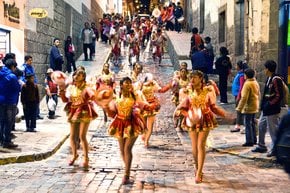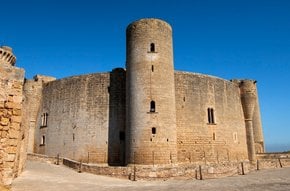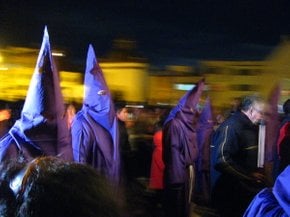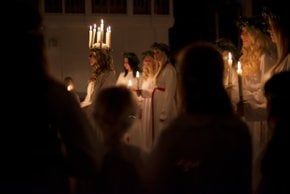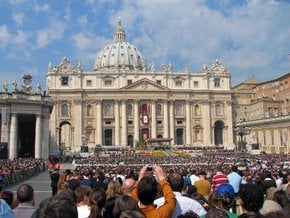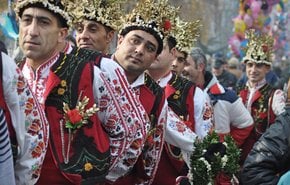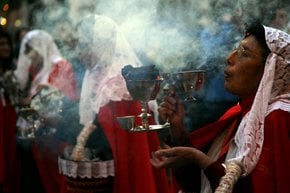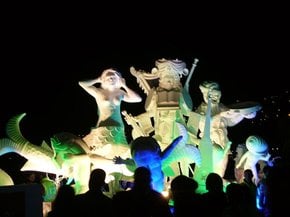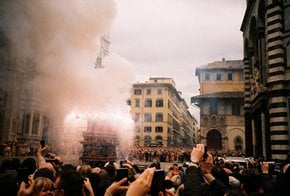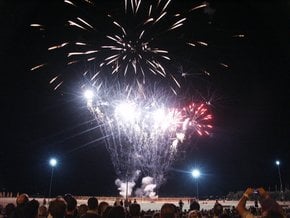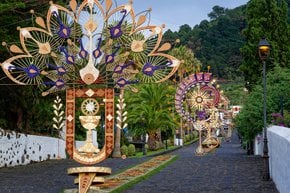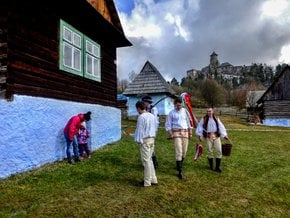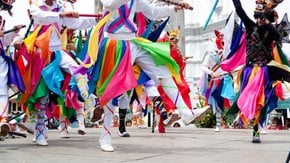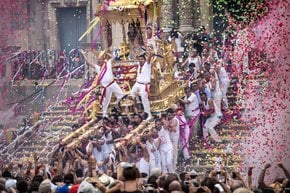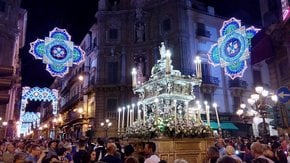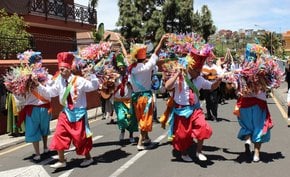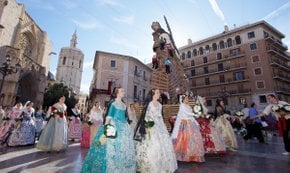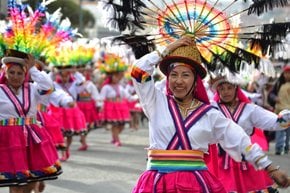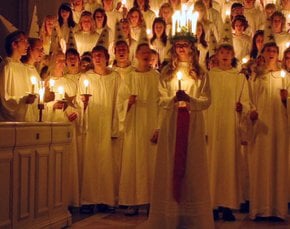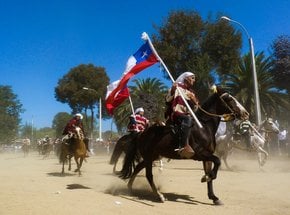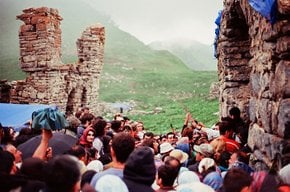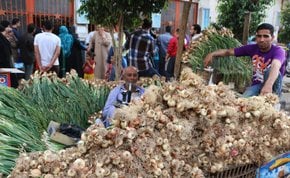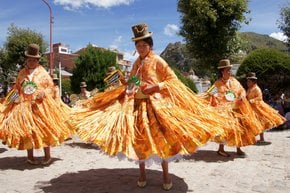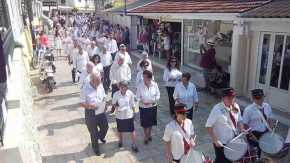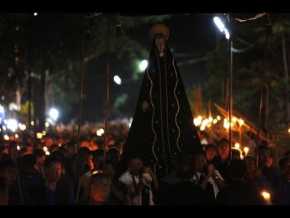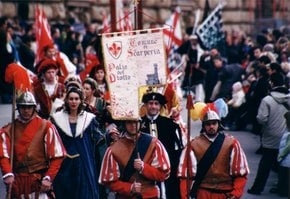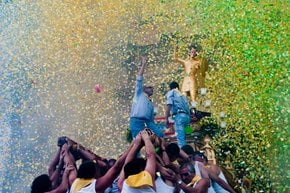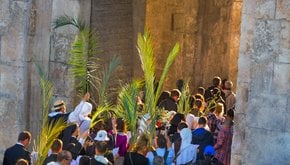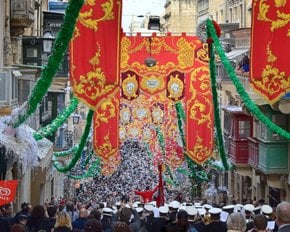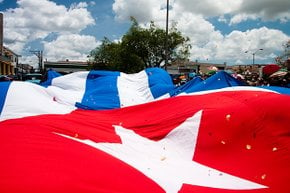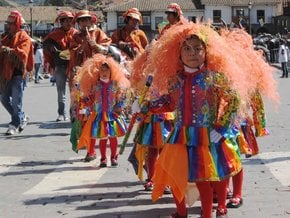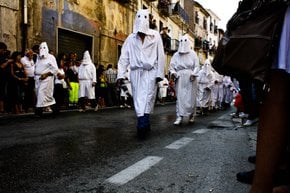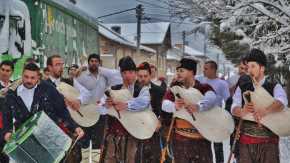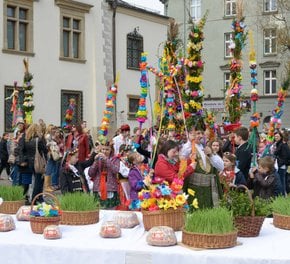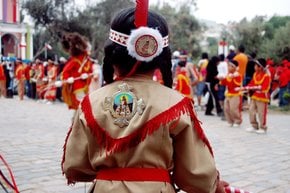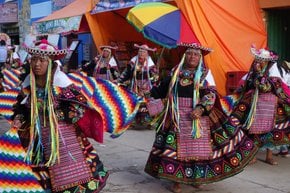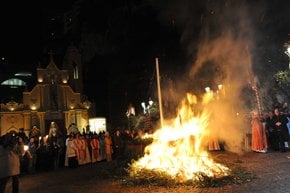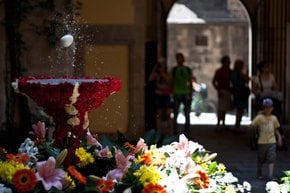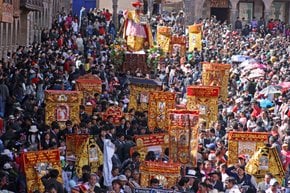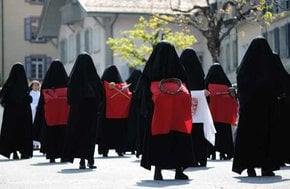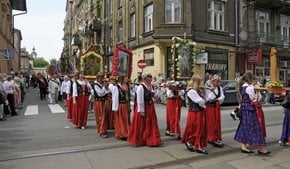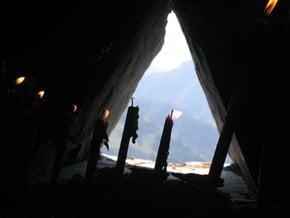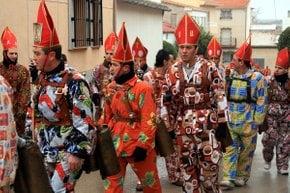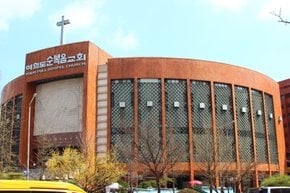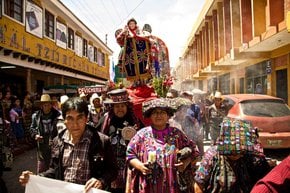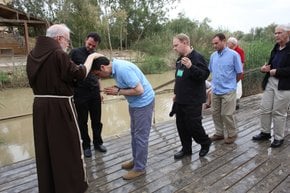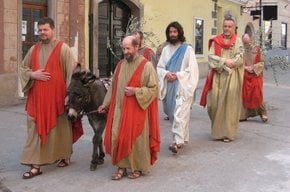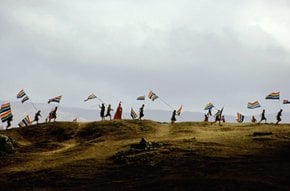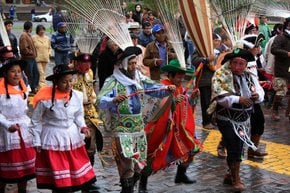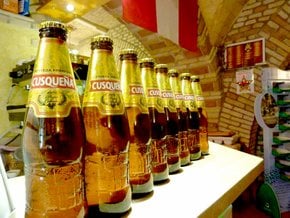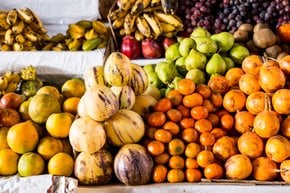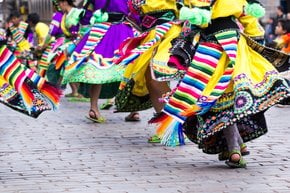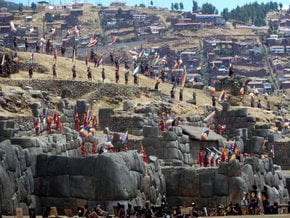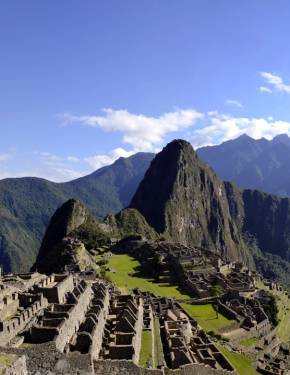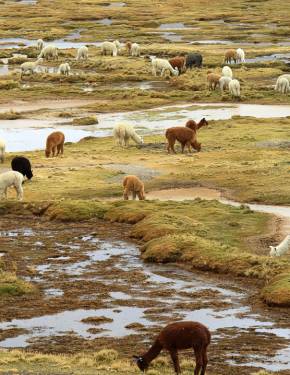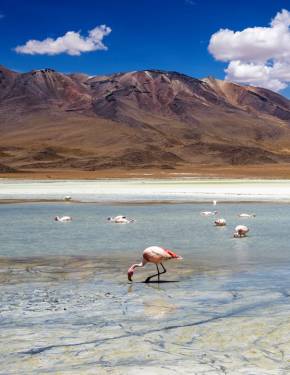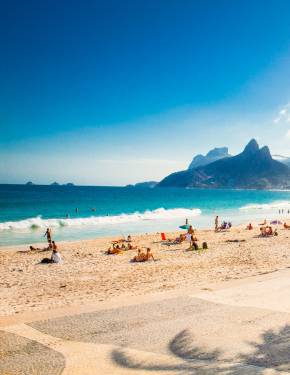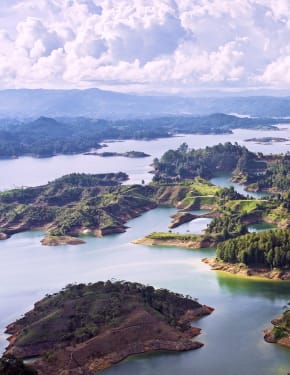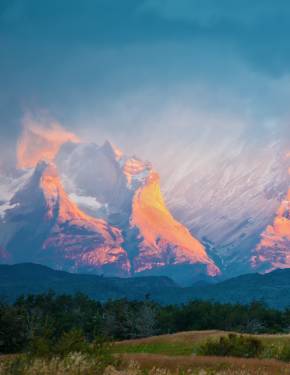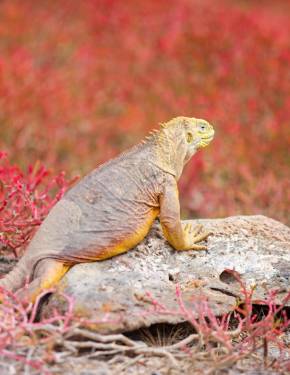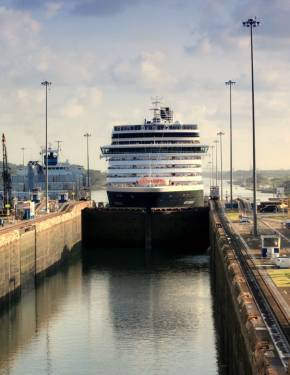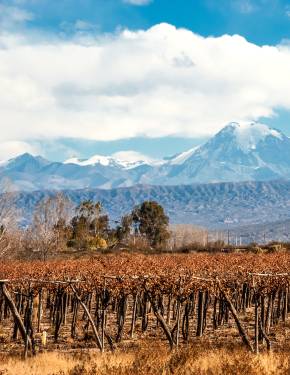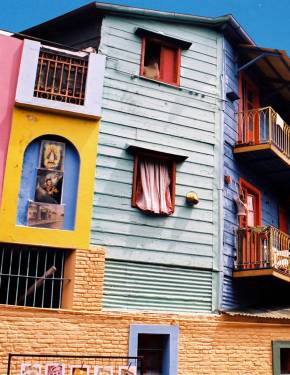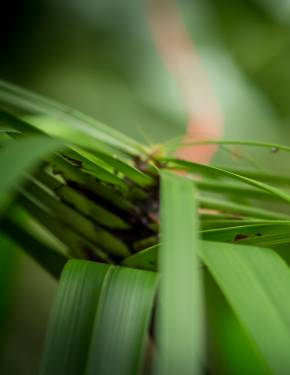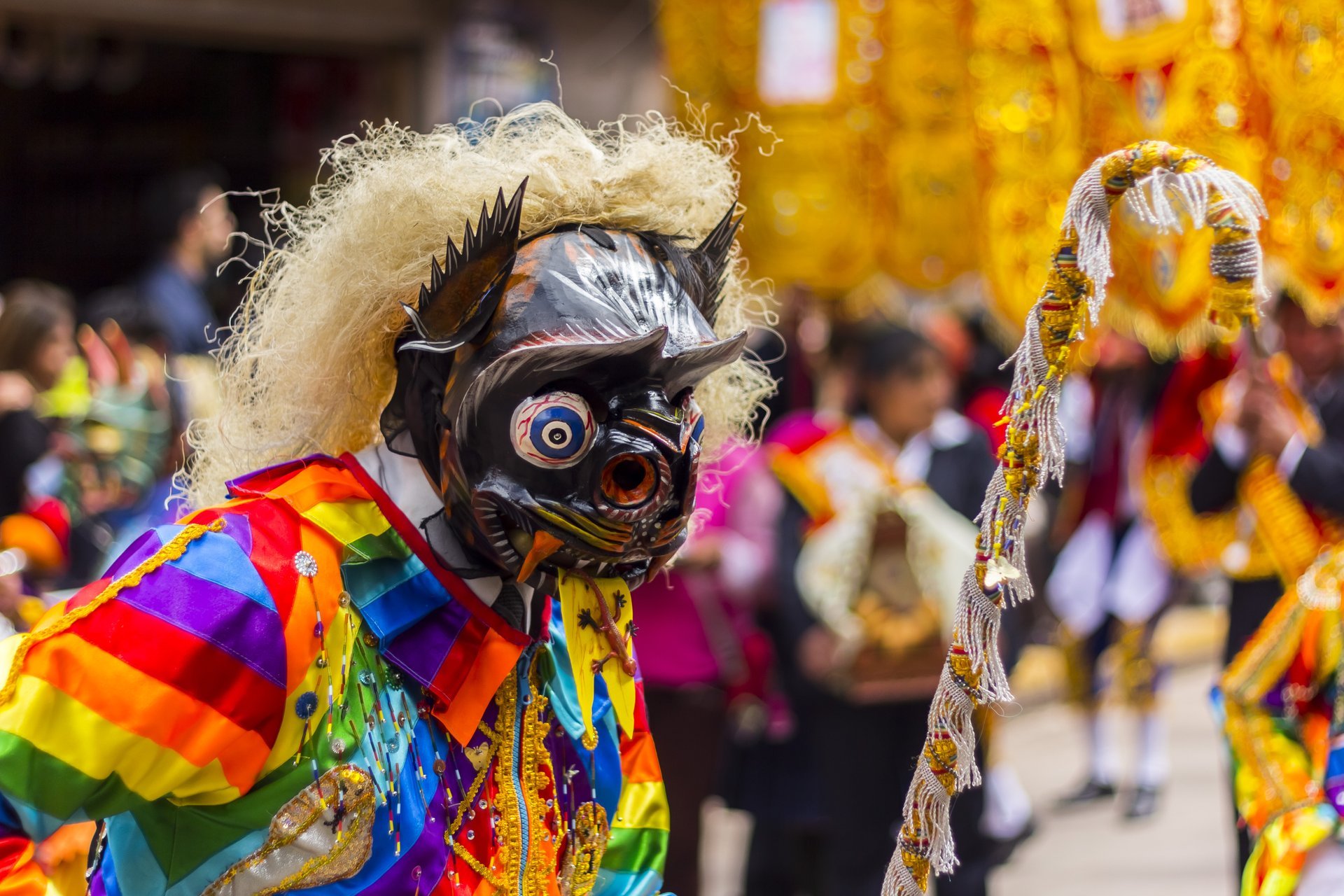
The Feast of the Virgen del Carmen in the towns of Paucartambo and Pisac near Cusco is a vibrant celebration that blends Catholic traditions with Andean cultural elements. Taking place every July, this festival attracts visitors from across Peru and South America to witness its colorful displays of dance, music, and religious devotion. The Virgin of Carmen is honored not only in these picturesque provinces of Cusco but also in many cities throughout Peru, Latin America, and Spain.
Dances, Music, and Masks
This festival is tied to a belief that Virgen del Carmen protects the houses and defeats demons that try to climb the rooftops. The festival features 19 dance groups, each adorned in elaborate costumes and masks representing colonial characters. Among these, the Qapaq Qoyas (highland merchants), Qapaq Chunchos (warriors), and Qapaq Negros (slaves) play central roles, with their performances embodying reverence and devotion to the Virgin. Alongside them are the playful Saqras, mischievous demons, and the Maqt'as, who ensure order with their whimsical yet strict enforcement. The culmination is a dramatic ritual depicting a battle between merchants and warriors over the fate of the Virgin.
What to Expect
The Virgin of Carmen, affectionately known as Mamacha Carmen in Paucartambo, unfolds from July 15 to 18, welcoming visitors from far and wide to partake in the festivities marked by unique rituals, and profound symbolism. In addition to religious rituals and cultural performances, the festival features fairs, craft markets, and social gatherings.
Day One (July 15)
The festivities kick off as a rocket explodes and bells ring throughout Paucartambo. People gather at the church to offer prayers and tributes to their loved ones, adorning the altar with vibrant flowers in homage to the Virgen del Carmen. As dusk settles, the town comes alive with the start of the procession. Dancers adorned in traditional costumes and bands fill the streets, captivating the crowds with their musical performances. The night sky illuminates with breathtaking fireworks, while artists showcase mesmerizing fire shows, symbolically purging negative energies.
Day Two (July 16)
July 16 marks the pinnacle of the festival, as the grand parade of the Virgen del Carmen takes center stage. The Virgin is carried through the town in a majestic procession, bestowing blessings upon the gathered faithful and warding off malevolent spirits. The procession culminates in a symbolic triumph over demons, symbolizing the triumph of good over evil.
Day Three (July 17)
On July 17, the festivities take on a poignant tone as the community gathers at the cemetery to pay homage to the souls of the departed. Performers join in the solemn commemoration, dancing and singing in a symbolic celebration of life and remembrance of death.
Day Four (July 18)
The 18th marks the final day of the Virgin of Carmen celebration. On this day, the Saqras are granted a special privilege, being received inside the temple without their masks to attend mass. Through the mercy of the Virgin, they are forgiven, and joyously carry her on their shoulders to the temple's door. Here, the "Okarikuy" ceremony takes place, baptizing and blessing the youngest and newest members of each group.
Getting There
To reach Paucartambo, travelers typically begin by flying into Cusco’s Alejandro Velasco Astete International Airport (CUZ). From there, the journey continues by car or bus, covering approximately 60 miles (100 km) southeast to Paucartambo. The road trip from Cusco to Paucartambo usually takes around 4 hours. Alternatively, for a quicker albeit pricier option, travelers can opt to take a bus from Cusco to Pisac, then a taxi from Pisac to Paucartambo, reducing the travel time to approximately 2.5 hours.
Historical Origins
The origins of the Virgen del Carmen Festival are steeped in legend. One tale recounts the discovery of a divine presence during a journey to Paucartambo, leading to the construction of a temple in honor of the Virgin. Another legend speaks of miraculous healings and divine interventions attributed to the Virgin's intercession. Regardless of the story, the festival's establishment blended indigenous Incan beliefs with Catholic traditions. Despite attempts to suppress it during Spanish colonization, the festival was reinstated in 1944 and continues today.
